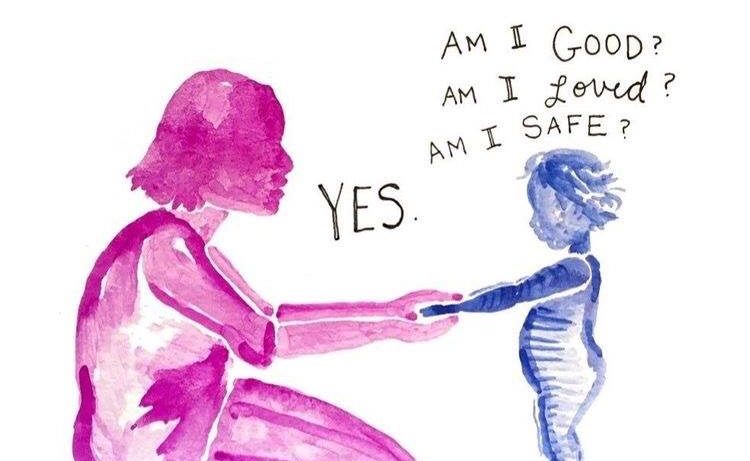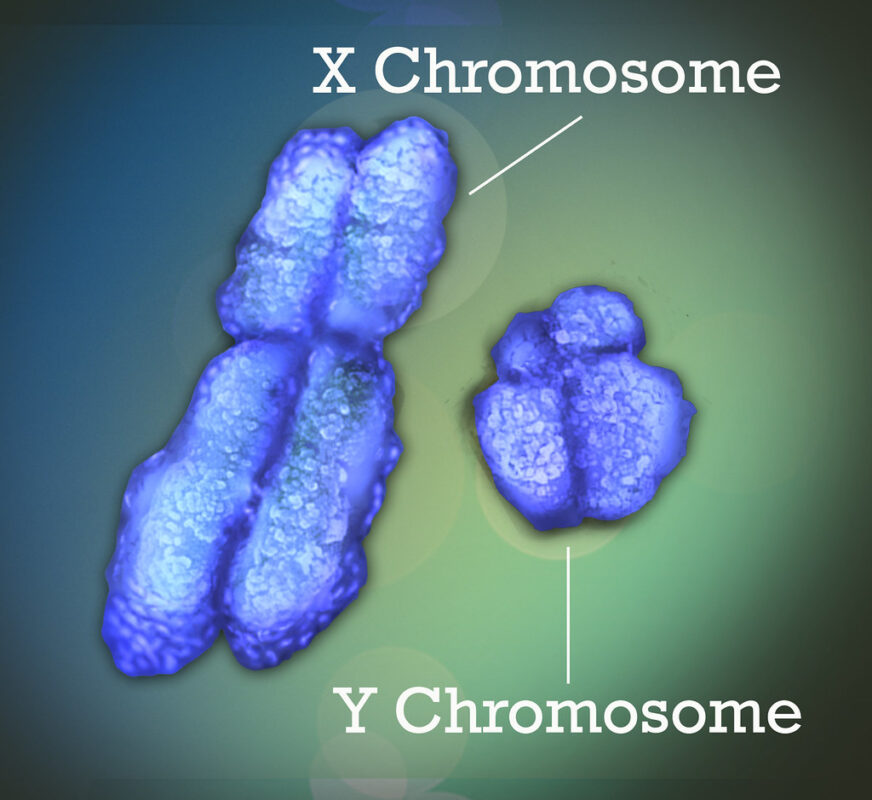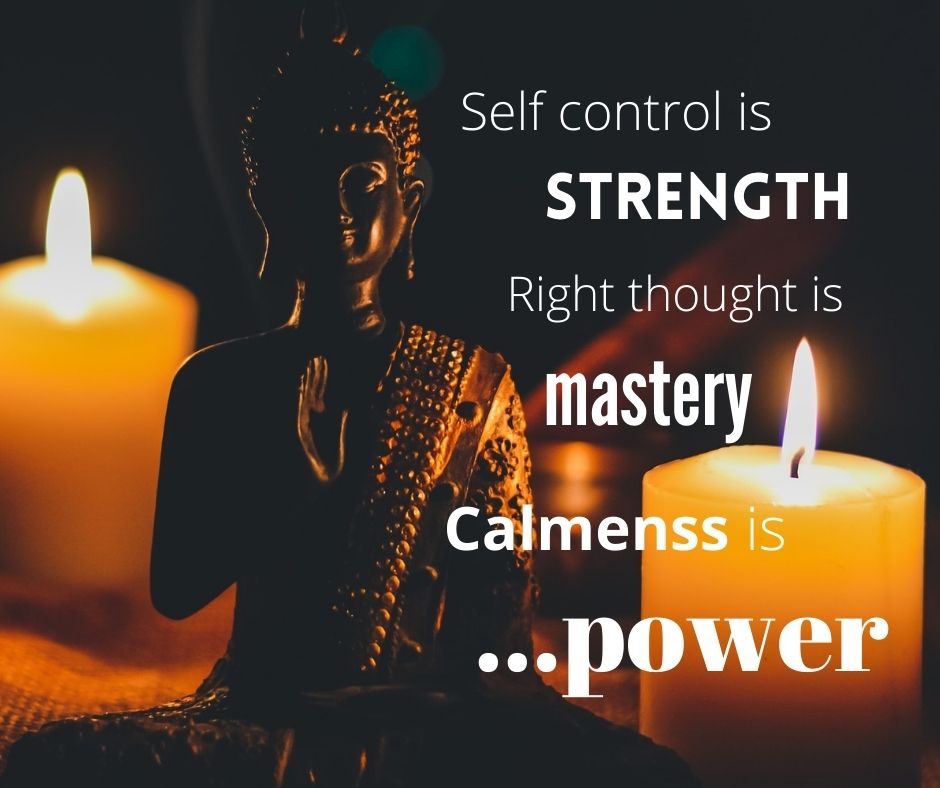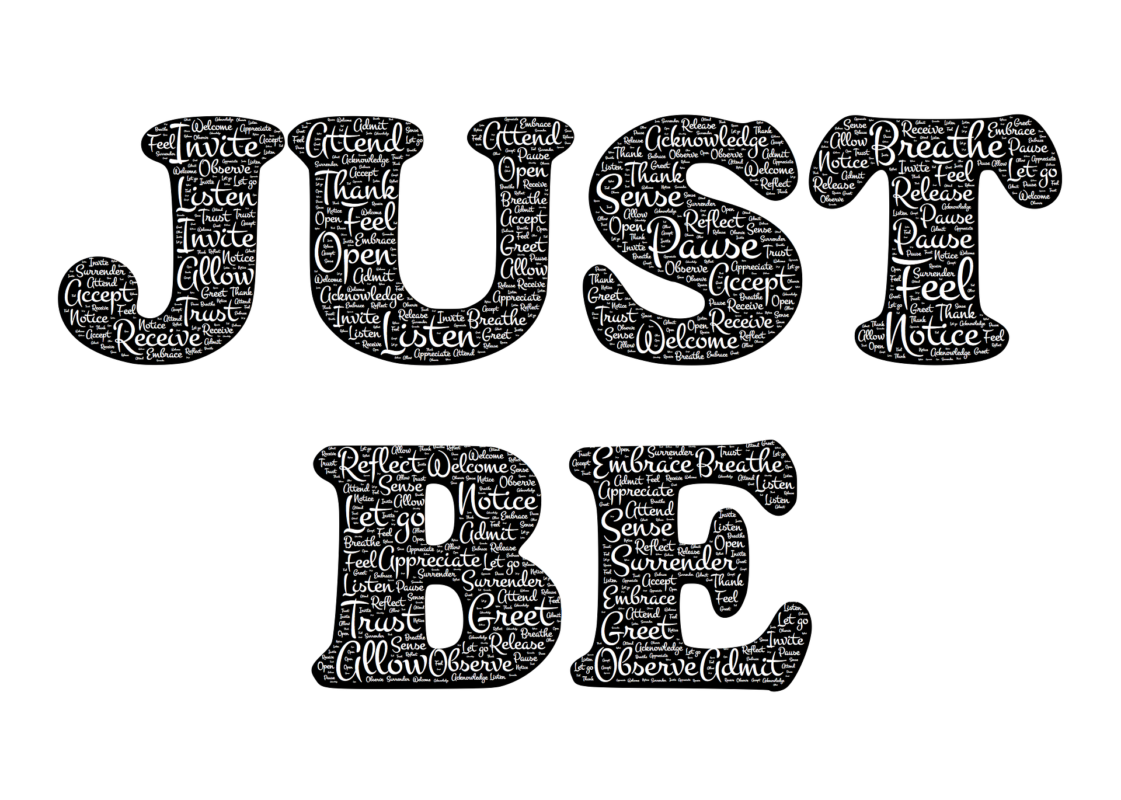Well Being
Love: Why Your Self Care Matters.

What is self-care?
The online Oxford Reference Dictionary defines self care as, ‘…the practice of activities that are necessary to sustain life and health, normally initiated and carried out by the individual for him — or herself.’
So, as parents and individuals…
Why don’t we take care of ourselves?
The answer to this lies is the messages we receive:
- The messages we received (in childhood)
- The messages we hear today (from society).
1. Messages we received (in childhood)
Arguably we come into this world, as fairly blank slates (tabla rasa), without identity or sense of self. As such, it is up to the carers in our environment to help us grow and achieve this.
Nominally, these carers tend to be mum and or dad but not always.

A prime function of carers lies in ‘welcoming’ the new arrival into the tribe: the human family, the biological family, community, society nation and species etc.
This is delivered by a variety of verbal and non verbal que’s i.e. affectionate hugs, touches, smiles, interest shown and a liberal amount of well dones etc
Because our carers cannot guide us through every situation in life, this process guarantees the new arrival is infused with a pervasive sense of self confidence and equal-to-ness.
As an adult this ensures we have the minimum levels of resilience and develops in us, vital trust in our own ability and the capacity to ‘figure things out’ and ‘weather’ life’s enviable challenges.
This sets a base level of self worth as expressed through:
- The type of behaviours we express
- The type of behaviours we accept
- The quality of life we experience
Unfortunately, life doesn’t always follow this ideal path and the new arrival is not always welcomed nor do they get the acknowledgment and acceptance they need.
When this occurs, a clear conclusion begins to form and take hold in the mind of the developing arrival…they are not worthy of acceptance.

This, in general, is why anything is rejected and the new arrival understands this, they have little to no value.
Now before we get into the impact of having a less than ideal start, a note on the role of society.
2. Messages we received (from society)
Let’s go wider.
Whilst recognising the work life balance as an issue, on the face of it society appears to be struggling in finding such a balance and plays a pivotal role in role of self care.
This is due to the fact that western societies are primarily ‘economic’ based systems, with an inbuilt bias toward capital.
As a result…
- No matter who you are or what level you’ve reached you are ultimately replaceable. Implicitly accepting this, we can and do, push ourselves to the point of burn out at the expense of self care.
- Self-care (specifically for men) is seen as weakness.
- Self-care as a body of knowledge has been relegated to the stronger quantifiable sciences.
This pretty much means self-care is out.
The Impact
When we are not acknowledged or accepted (loved), the impact is severe, immediate and echos throughout remaining life — until some kind of intervention.
This process has been variously referenced by psychologists as, ‘early childhood trauma’ or ‘the inner child wound’.
The Merriam Webster online dictionary defines trauma as, ‘…a disordered psychic or behavioral state resulting from severe mental or emotional stress or physical injury.’
Such trauma is expressed through; depression, anxiety, addiction, low impact illnesses, insecurities and personal ineffectiveness etc.
Once ingrained these behaviours are referenced constantly…until we learn something better.
Ancient Greek philosopher Aristotle (384-322 B.C.) declared famously, ‘Give me a child until he is 7 and I will show you the man.’
What Aristotle is showing us here is how difficult the task, it is to remove these early impressions.
A life less lived
When we’re not told we’re OK often enough, (validated), we simply don’t believe we are and experience life as a fraud, an outsider.
In the work environment, we perhaps work harder than those around us to both demonstrate and extract a sense of worth and identity.
Likewise in relationships, the same overcompensation is present. Here we unconsciously display extreme people pleasing behaviours to anyone that would consider us for a relationship, friend or otherwise.
Ultimately we leave ourselves open to those who are geared, (consciously or otherwise), to maximise any advantage or opportunity presented to them…even you.
However while early childhood trauma is a major significant event the good news is, it’s not too late but let’s look at the difference between self-repair v self-care.
Recovery and Self Repair?
Self repair has been referred to as, ‘re-parenting’, the process of over-writing earlier messages.

Whilst you may not have received that initial welcome, that stamp of approval, that all important acceptance into the tribe, you are and always have been OK.
At your core there is nothing wrong or defective about you…it’s important to accept this. And if you leave with nothing but this central point the time taken in writing this post would’ve been worth it.
You lack nothing but ‘permission’ to be and you can do this for yourself…now…today.
‘Stop waiting for someone or something to light your fire. You have the match’. Darren Hardy
In all likelihood, as a result of absorbing those earlier messages, you would’ve made your fair share of mistakes, maybe displayed some not so great behaviours and/or perhaps settled for a life far below your actual worth.
However with increasing contextualisation, awareness and understanding, of what led you to where you are, eventual acceptance of the self will occur.
When you undertake this process be objective and take your fair share of responsibility in how various scenarios played. Be brutally honest knowing you did the best you could with the frame of reference you held at the time.
This is a process that will take time and at each step of the way you should practice self love and care.
So what exactly does self care look like…?
Y Care – Male Self Care

Self-care ideas has been heavily marketed toward the female community. As a consequence, self care as applied to men, has developed along similar one dimensional lines…a dizzying selection of face creams and hair gels.
Of course non of this speaks to the neglected inner child, consider…
In the UK, as reported by the ONS online 2020, ‘The male suicide rate was 15.3 per 100,000* compared to the female suicide rate of 4.9 per 100,000’.
Alarmingly the same is distressing true of e.g. the US, in fact overwhelmingly across the globe; our sons, brothers, husbands, male friends, are approximately x3 more likely to take their own life than women.
So…
Will candles and incense do it?
Well…perhaps but not by itself.
The fundamental difference between men and women, (on a biological level at least), is the presence of the ‘y’ chromosome.
The ‘y’ chromosome provides for a higher production of the masculine hormone testosterone in men (as in women), resulting in e.g. deeper voice, more hair and greater muscle mass etc.
These raised levels of testosterone, have been further associated with key psychological differences including: greater risk taking and competitiveness etc. And for men added to any basic self care routine, it is essential that male self care activities account for the expression of this key hormone.
Self Care Checklist – Male
1. Sport provides an expression for a great many of these qualities where men can safely, physically and aggressively, compete, (more later).
2. Consider also that the essential element of competition can be found in other arenas such as; business creation or mastering a skill. The key here is to compete with yourself to become a better you.
3. Eating foods such as leafy greens, fish or chicken, that have been shown to increase testosterone.
And in this article the Mayo Clinic outlines how low testosterone (hypogonadism) has been associated with: increased irritability, depression, low sex drive and decreased energy levels in men.
4. Talk more — to professional services or a friend. Men don’t do this enough, not to say men should compete with women for airtime but don’t leave it too late to let people know how you feel.
Alternatively, if talking isn’t your thing try writing things down. Journalling is great for mental clarity and over thinking.
5. Go to your ‘man-cave’ and mourn — knowing the tears you cry are for yourself, they are for your wounded inner child.
For more in this area read our post Men Fathers and Masculinity

Self Care Checklist – General
6. Forgiveness we want to stress this is not mummies or daddies fault.
It’s hard to think of our carers as confused innocents striving to come to terms with their own inner child wound but like yourself this is exactly how they started out.
Each case is different of course but more than likely, they did the best they could with what they had, whilst struggling with their own unexplored and unmet needs.
Jonathan Lockwood: Forgive others, not because they (necessarily) deserve forgiveness but because you deserve peace.
7. Meditation this ancient practice has been around for thousands of years and for good reason.
And in this article, the American Psychological Association (APA) explains how meditation allows us to take control of our thoughts, so we don’t default to self sabotaging programming laid down in childhood.

8. Hobbies are great for taking us outside of our own head and preventing the negative train of ideas.
Think back, what you enjoyed doing when you were young? Explore these interests again but maybe try something new, something you’re drawn too.
9. Sport (getting moving!) whether you’re male or female, the link between mind and body has long since been established for making us feel good.
In the UK the NHS online describes exercise a ‘miracle cure’ against: depression, type 2 diabetes, dementia and a host of other chronic illnesses.
Try to incorporate some kind of exercise into your day/week which could be a solo activity like yoga or any team sport.
Always check with your GP and map your progress with our great habit tracker.
10. Triggers this could be a particular time of day, month, year, a particular colour, sound, scent or character, related to the original trauma or wound.
And here again journaling, is a great way to uncover our unconscious patterns and triggers or download our free habit tracker and map your behaviour…see what’s working and what will you need to give up.
Gathering awareness of these triggers will necessarily move us to a position of greater personal control and power to direct our lives.
11. Sleep When we’re tired we cannot think straight and when we’re in this place it is virtually impossible to guard against negative impulses and thought.
Now whilst we all differ in the amounts of sleep we need, we all need good quality sleep and our can read our blog post on sleep here.
Epilogue
Now if you’ve reached this far it’s clear you’re the one to break that negative inter-generational cycle. And whilst no-one will know you did the work later generations and of course you, will benefit.
At its core self care is a reflection of you ‘knowing’ you have worth and is the ultimate foundation of any loving healthy relationship and a fulfilled life.
If you’ve not heard it today, you’re (so) worth it.
Conclusion
If you’ve been struggling with this issue, we hope this post helps.
However if you’re feeling low at the moment, reach out now using any anonymous service such as Befrienders Worldwide, the Samaritans or a local service. Alternatively speak to someone you can trust or you write to us Parents Quietly Succeeding.
This is a huge area and in a blog post we couldn’t possibly hope to do it justice so we’ll be returning to this issue in further posts. For now check-out our book recommendations below for further information on this area.
We want to hear from you and you can comment on this post below.
Read our related blog on goal setting and sleep and don’t forget to download our free habit tracker to get you going and keep you on track.
Use this link to let us know your general thoughts via our contact page.
And be part of the wider PQS community and like, comment, share and follow, us on Facebook and IG.
Email: parentsquietlysucceeding@gmail.com

Recommended reading
Dr Caroline Leaf is an amazing neuroscientist and in ‘Cleaning Up Your Mental Mess’ shows how we can form new neural pathways to override old thought patterns.
The gift we all have is the power to decide and the power of the human spirit to overcome and truly ascend is told in the incredible book ‘Man Search for Meaning‘ by Vikor Frankl.




